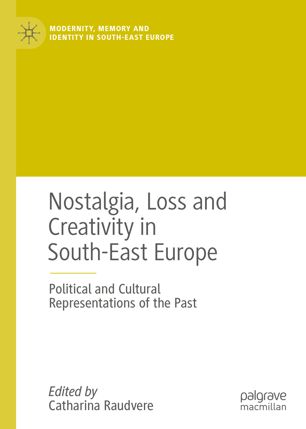

Most ebook files are in PDF format, so you can easily read them using various software such as Foxit Reader or directly on the Google Chrome browser.
Some ebook files are released by publishers in other formats such as .awz, .mobi, .epub, .fb2, etc. You may need to install specific software to read these formats on mobile/PC, such as Calibre.
Please read the tutorial at this link: https://ebookbell.com/faq
We offer FREE conversion to the popular formats you request; however, this may take some time. Therefore, right after payment, please email us, and we will try to provide the service as quickly as possible.
For some exceptional file formats or broken links (if any), please refrain from opening any disputes. Instead, email us first, and we will try to assist within a maximum of 6 hours.
EbookBell Team

5.0
88 reviewsWhere nostalgia was once dismissed a wistful dream of a never-never land, the academic focus has shifted to how pieces of the past are assembled as the elements in alternative political thinking as well as in artistic expression. The creative use of the past points to the complexities of the conceptualization of nostalgia, while entering areas where the humanities meet the art world and commerce. This collection of essays shows how this bond is politically and socially visible on different levels, from states to local communities, along with creative developments in art, literature and religious practice. Bringing together scholars from a range of disciplines, the book offers analyses from diverse theoretical perspectives, united by an interest in the political and cultural representations of the past in South-East Europe from a long-term perspective. By emphasising how the relationship between loss and creative inspiration are intertwined in cultural production and history writing, these essays cover themes across South-East Europe and provide an insight into how specific agents – intellectuals, politicians, artists – have represented the past and have looked towards the future.